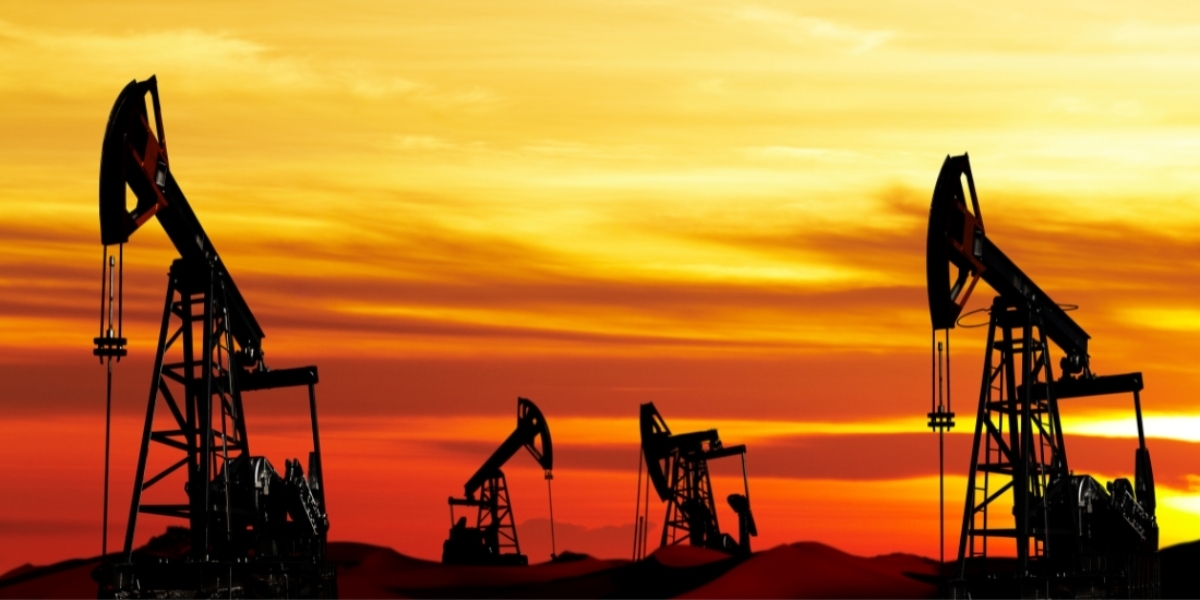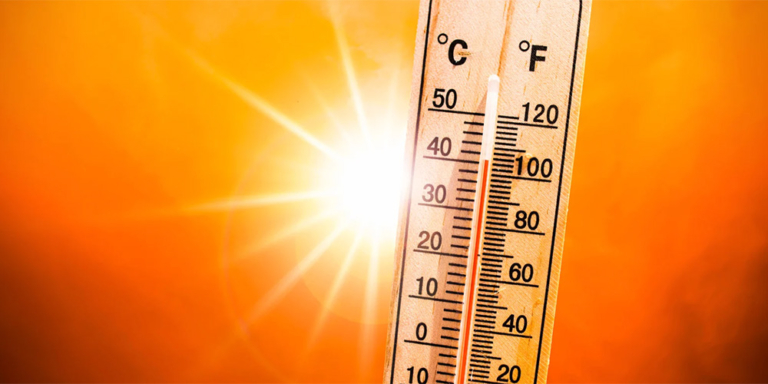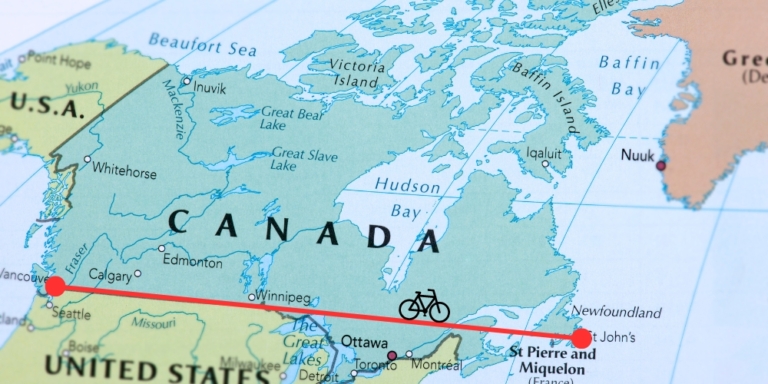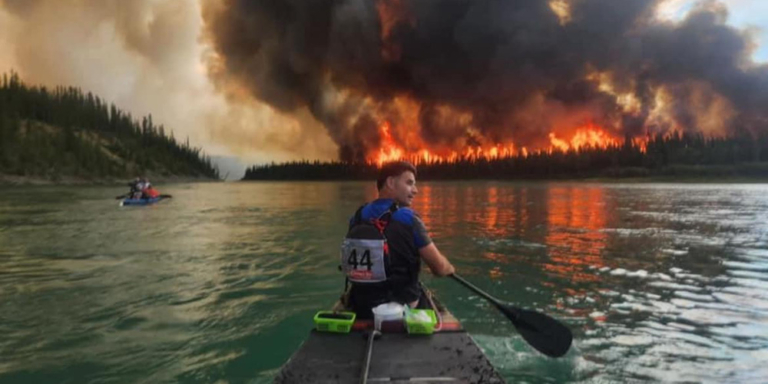Have you ever heard of the saying “too much of a good thing is a bad thing?” Sugar is sweet, but eat too much of it and your teeth could fall out.
The oil industry is an even better example of this.
Oil is so, so useful for so many things. But it is most commonly used to make petroleum. That’s the fun stuff that powers our vehicles, heats buildings, and can even produce electricity.
But in order to get that sweet nectar, we need to drill baby drill. That means drilling for conventional oil, or mining the oil sands.
Oil sands are basically exactly what their name suggests. Sand or sandstone containing dense petroleum.
To be a bit more specific, oil sands are a mixture of sand, water, and bitumen.
Petroleum is what you get after refining bitumen into crude oil. Just like the sugar you use for your coffee or tea originally comes from sugar cane.
Extracting bitumen isn’t as easy as scooping it out with your hands, though. Especially when you are trying to get barrels of the stuff at a time.
There are a few methods for obtaining bitumen from oil sands. One method includes surface mining.
But only about 20 percent of Canada’s oil sands are close enough to the surface for this to be realistic.
The remaining oil sands are much deeper and require drilling. Once bitumen is extracted, it needs to be diluted into ‘dilbit.’
Not to be confused with dill chips, dilbit is bitumen that has been diluted with a lighter hydrocarbon.
Dilbit is basically watered down bitumen. This is a necessary process that allows bitumen to flow through pipelines. Bitumen is naturally too heavy otherwise.
Both bitumen and dilbit can be refined at refineries to create various petroleum products like gasoline, diesel, and more.
Aside from fuelling things like our cars, the oil industry also fuels the Canadian economy by creating jobs.
It goes without saying that the oil industry is a well-oiled machine, no pun intended.
If this all sounds too good to be true, that’s because it is.
We know it can be hard to talk about, but we don’t talk enough about the negative impacts the oil industry has on this province.
When it comes to the environment, burning fossil fuels creates millions of tonnes of carbon dioxide. In terms of numbers, 3 million tonnes of CO2 are released into our atmosphere from burning fossil fuels.
The thing about CO2 is that it’s invisible. It is a gas and, like many gasses, it can’t be seen by the human eye.
This makes it really difficult to visualize what such an absurd amount of CO2 looks like.
To make things easier, imagine burning over 3 billion pounds of coal. The result is 3 million tonnes of CO2.
But why is CO2 bad? CO2 is what’s called a greenhouse gas.
Like a glass of whisky, greenhouse gases are good in moderation. But drink too much whisky and your night could go from good to bad real quick.
It’s the same with greenhouse gases. Too much of a good thing can be bad.
Greenhouse gases can occur naturally in the form of various gases like water vapour from evaporation.
The problem isn’t natural greenhouse gases though. The problem is the million tonnes of greenhouse gases we humans are pumping into the atmosphere.
The burning of fossil fuels like coal and oil create excessive amounts of greenhouse gases like CO2.
A balanced level of natural greenhouse gases helps keep the planet’s temperature comfortable by regulating heat from the sun. On the other hand, an excessive amount of greenhouse gases from fossil fuels actually traps the sun’s heat in the earth’s atmosphere.
The result is a whole bunch of nasty consequences like flooding, hurricanes, rising sea levels, and more.
So who is steering the ship? Who is to blame?
The oil and gas industry has given us the keys to a treasure trove of fossil fuels. But at the end of the day, we are the ones choosing to rely on them.
So long as there is a demand for fossil fuels, oil companies will continue to deepen their pockets.






